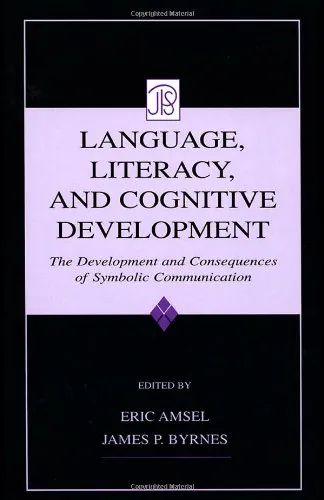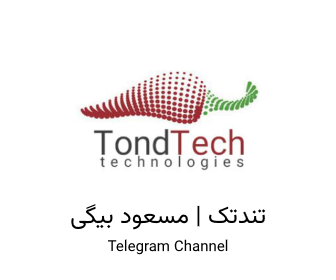Language, Literacy, and Cognitive Development: The Development and Consequences of Symbolic Communication (Jean Piaget Symposium Series)
4.4
Reviews from our users

You Can Ask your questions from this book's AI after Login
Each download or ask from book AI costs 2 points. To earn more free points, please visit the Points Guide Page and complete some valuable actions.Introduction to "Language, Literacy, and Cognitive Development: The Development and Consequences of Symbolic Communication"
Language, Literacy, and Cognitive Development is a seminal work that examines the intricate interplay between symbolic communication and cognitive development. Drawing upon the enduring legacy of Jean Piaget, this book delves deep into the ways language and literacy shape, and are shaped by, cognitive processes. As part of the esteemed Jean Piaget Symposium Series, it presents cutting-edge research and insights into symbolic communication's role in human development and its broader implications for education and society.
Detailed Summary of the Book
The book explores the dynamic relationship between language, literacy, and cognitive development through a collection of scholarly essays. Each chapter is penned by leading experts in psychology, linguistics, and education. The authors build on Piaget's developmental theory, offering new perspectives and empirical findings that highlight symbolic communication as a driving force in cognitive development. Topics range from the emergence of language in infants to the sophistication of literacy skills in adolescents, providing a comprehensive view of the developmental trajectory.
The book begins by discussing the foundational role of language in cognitive development, outlining how children acquire language and how it informs their mental representations of the world. Subsequent chapters explore literacy as a powerful extension of language, detailing how reading and writing further enhance cognitive capacities such as abstract thinking, problem-solving, and critical analysis. By integrating literacy, the book articulates how these skills contribute not only to personal development but also to participation in a literate society.
Key Takeaways
- Language acquisition is foundational for cognitive development, serving as a key tool for understanding and interacting with the world.
- Literacy extends language's cognitive benefits by fostering higher-order thinking skills necessary for complex problem-solving and critical analysis.
- Symbolic communication, encompassing both language and literacy, is central to the educational process and social integration.
- Developmental milestones in language and literacy have significant implications for educational practices and pedagogies.
Famous Quotes from the Book
“Language is not only the vehicle of thought but the creator of the frameworks within which cognitive development occurs.”
“The development of literacy transforms the ways in which children engage with knowledge, altering not just their cognitive processes but their identity as learners.”
Why This Book Matters
This book is essential for understanding the profound impact of symbolic communication on cognitive development. By bridging the domains of language and literacy with cognitive theory, it provides educators, psychologists, and policymakers valuable insights into fostering effective learning environments. The research and theories presented emphasize the importance of supporting language and literacy development from early childhood through adolescence, highlighting their role in shaping personal, educational, and societal development.
Moreover, by anchoring its discussions in the work of Jean Piaget, the book situates itself within a respected tradition of developmental psychology, while also pushing the boundaries of contemporary research. It is a critical resource for those invested in enhancing educational practices and understanding the evolving landscape of human development.
Free Direct Download
Get Free Access to Download this and other Thousands of Books (Join Now)


